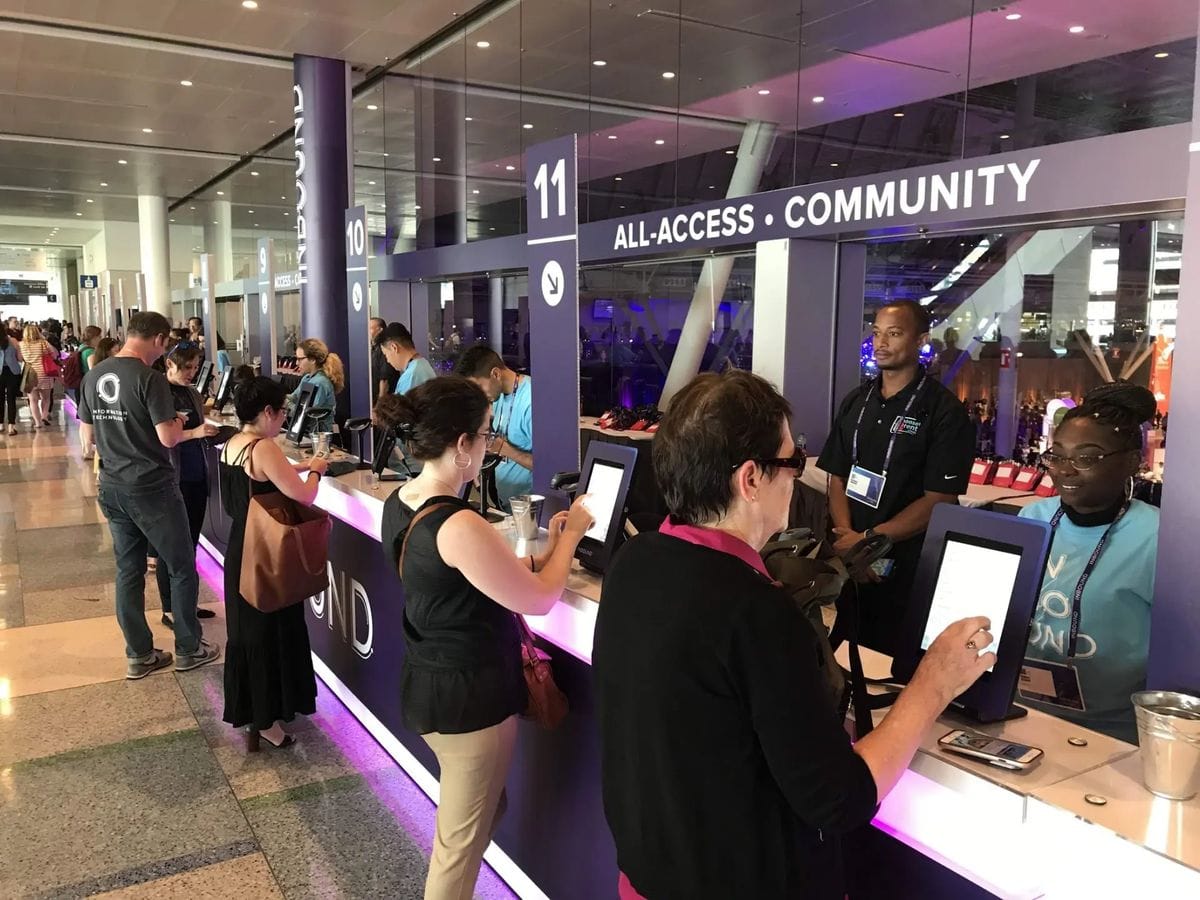As September arrives with its back-to-school energy and fall momentum, event planners face the familiar challenge of creating memorable experiences under tight deadlines. Whether you're organizing a corporate retreat, community festival, or product launch, the traditional event planning timeline often feels impossibly long. Enter AI-powered event creation—a game-changing approach that's transforming rapid event planning from a stressful sprint into a streamlined, efficient process.
The Traditional Event Planning Bottleneck
Conventional wisdom suggests that quality events require months of meticulous planning. From venue scouting and vendor coordination to marketing campaigns and attendee management, the traditional approach involves countless moving parts that seem to demand extensive lead times. This creates a significant barrier for organizations looking to capitalize on timely opportunities or respond quickly to market demands.
The problem becomes particularly acute during busy seasons like September, when venues book quickly and vendors' schedules fill up with back-to-school and fall campaign events. Event planners often find themselves caught between the desire to create exceptional experiences and the reality of compressed timelines. This is where AI event creation steps in to revolutionize the entire process.

How AI Transforms Rapid Event Planning
Artificial intelligence is reshaping every aspect of quick event setup, from initial concept to final execution. AI-powered platforms can analyze vast databases of venues, vendors, and event components in seconds, identifying optimal combinations based on your specific requirements, budget, and timeline. What once took weeks of research and phone calls now happens in minutes.
The technology excels at pattern recognition and predictive analytics, learning from thousands of successful events to suggest proven combinations of elements that work well together. This means your automated event planning process isn't just faster—it's informed by data-driven insights that increase the likelihood of success.
AI algorithms can instantly cross-reference availability across multiple vendors, identify potential conflicts in scheduling, and even predict attendance patterns based on historical data and current market trends. This level of analysis would be impossible for human planners to achieve manually within a 30-day event launch timeline.
The 30-Day Event Creation Framework
The magic of AI-powered event planning lies in its ability to compress traditional timelines without sacrificing quality. Here's how the process typically unfolds:
Week 1: Intelligent Foundation Setting
AI systems begin by analyzing your event goals, target audience, and constraints to generate a comprehensive event blueprint. Advanced algorithms scout and pre-qualify venues, vendors, and service providers, creating a curated shortlist of options that match your criteria. Meanwhile, automated market research tools analyze competitor events and industry trends to inform your strategy.
Week 2: Rapid Resource Assembly
With the foundation in place, AI tools coordinate simultaneous outreach to multiple vendors, automatically generating customized RFPs and managing the bidding process. Smart scheduling algorithms optimize vendor meetings and venue tours, while predictive pricing models ensure you get competitive rates. The system continuously refines recommendations based on real-time availability and feedback.
Week 3: Streamlined Execution Planning
AI-powered project management platforms create detailed timelines, assign tasks automatically, and identify potential bottlenecks before they occur. Marketing automation tools launch targeted campaigns across multiple channels, while attendee management systems begin collecting registrations and preferences. Smart logistics algorithms optimize everything from catering quantities to room layouts.
Week 4: Launch and Real-Time Optimization
As the event approaches, AI systems monitor registration trends, weather patterns, and other variables that could impact attendance or logistics. Real-time adjustment capabilities allow for last-minute optimizations, while automated communication tools keep all stakeholders informed. On event day, smart monitoring systems track everything from check-in flows to social media sentiment.
The Competitive Advantage of Fast Event Deployment
Organizations that master rapid event planning gain significant competitive advantages. They can respond quickly to market opportunities, capitalize on trending topics, and demonstrate agility that impresses clients and stakeholders. Fast event deployment also reduces the accumulation of planning stress, allowing teams to maintain creativity and enthusiasm throughout the process.
Moreover, the data generated by AI-powered planning creates valuable insights for future events. Each rapid deployment becomes a learning opportunity, building an organizational knowledge base that makes subsequent events even faster and more effective.
Overcoming Implementation Challenges
While AI event creation offers tremendous benefits, successful implementation requires careful consideration of several factors. Teams need to balance automation with human creativity, ensuring that efficiency gains don't come at the expense of event personality and uniqueness. It's also crucial to maintain quality control standards and vendor relationships, even when working at accelerated speeds.
The key is to view AI as an enhancement to human planning capabilities rather than a replacement. The technology handles routine tasks and data analysis, freeing planners to focus on creative elements and strategic decisions that truly differentiate great events.

The Future of Event Planning
As AI technology continues to advance, we can expect even more sophisticated capabilities in automated event planning. Machine learning algorithms will become better at predicting attendee preferences, virtual and augmented reality tools will enable more immersive planning experiences, and integration with IoT devices will provide unprecedented event monitoring and optimization capabilities.
For event planners willing to embrace these tools, the future promises not just faster event creation, but better events created faster. The 30-day event launch is just the beginning—as AI capabilities expand, we may soon see high-quality events planned and executed in even shorter timeframes, opening up entirely new possibilities for responsive, agile event marketing and community engagement.


